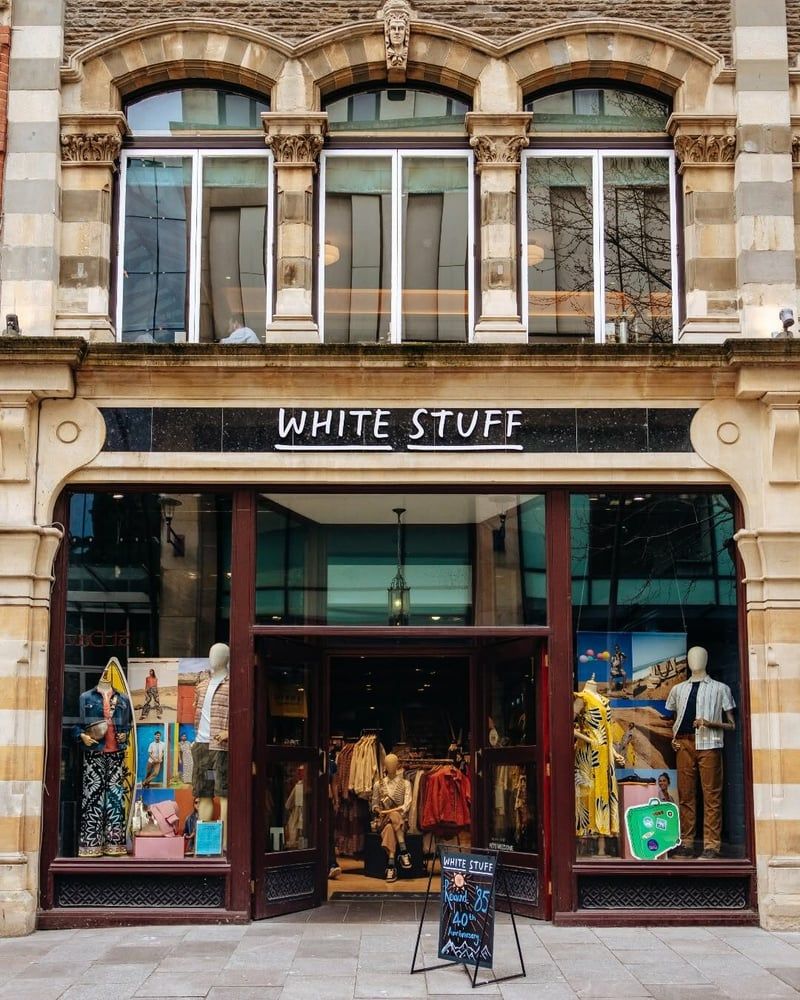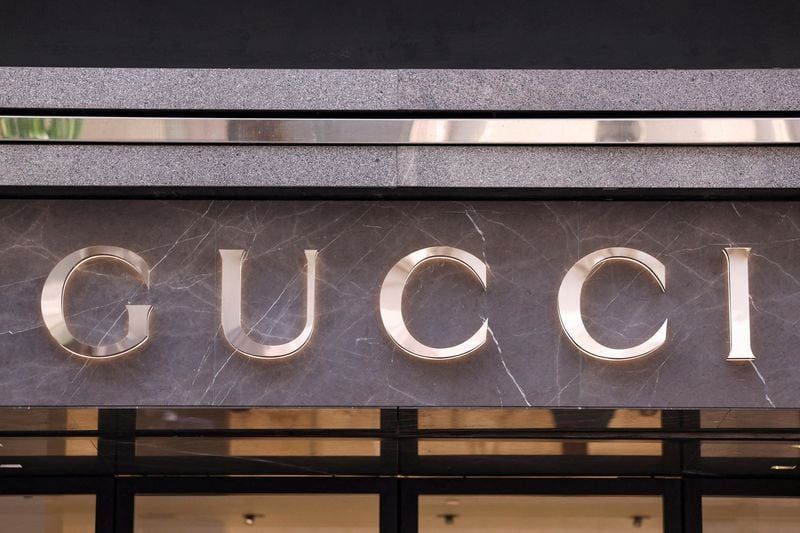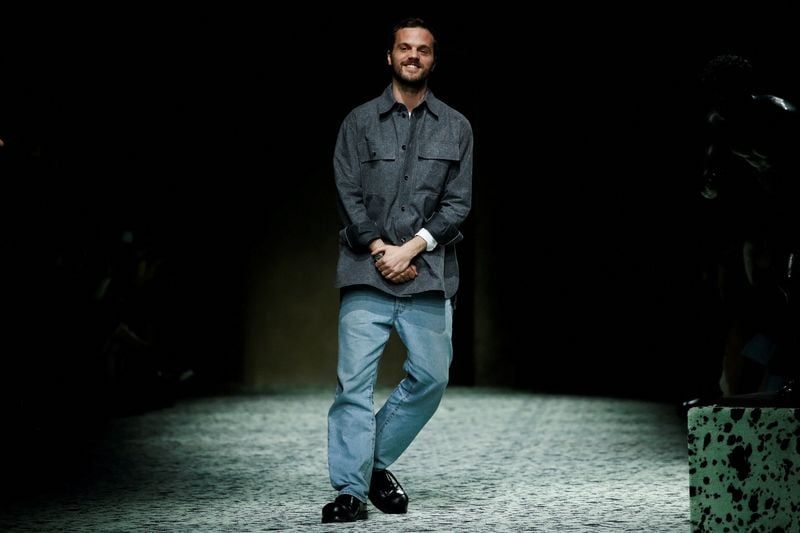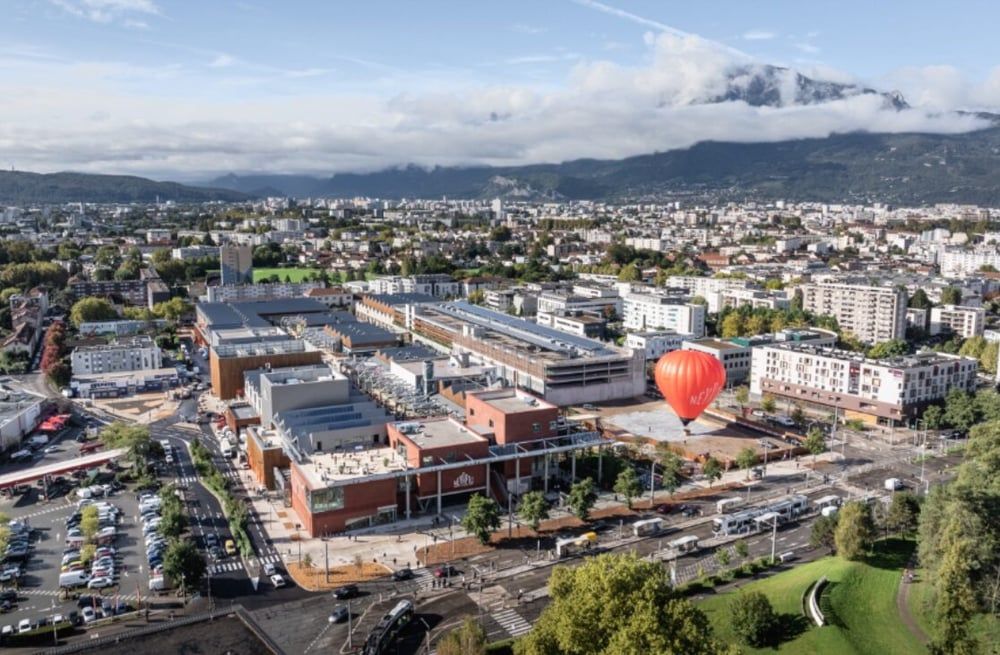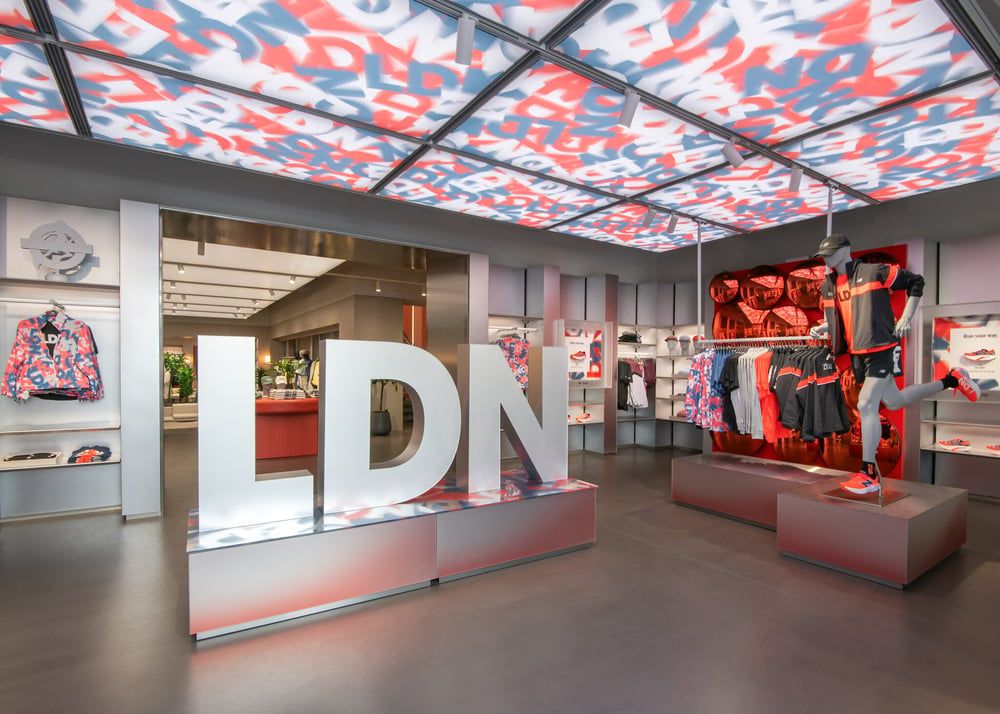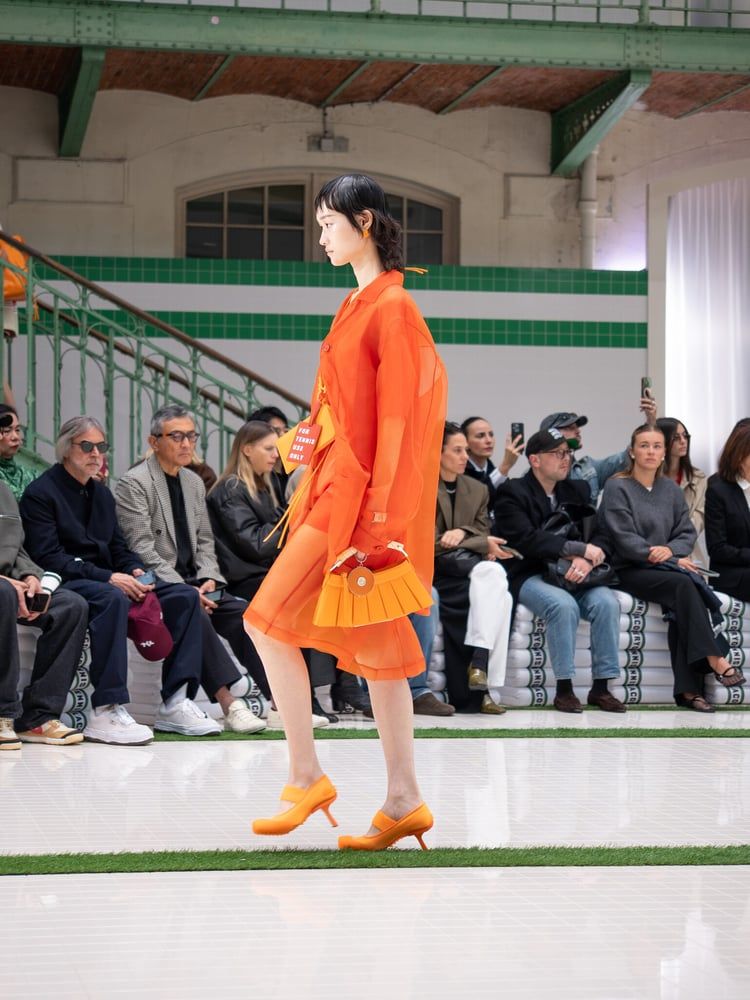Luxury's Future Is Bright But Evolving
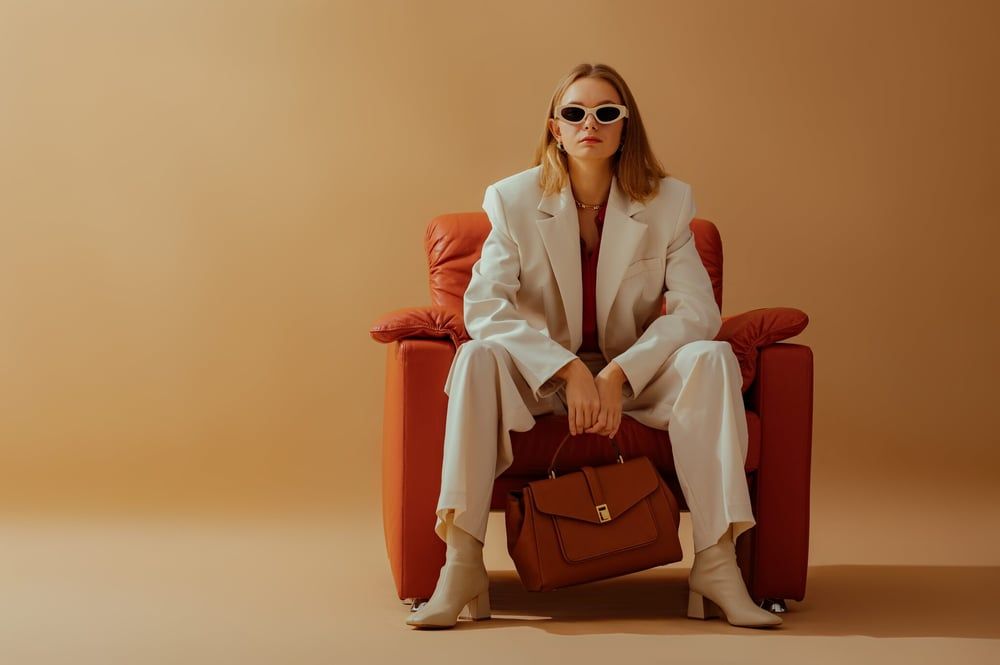
The luxury sector is demonstrating remarkable resilience through a period of profound transformation, a key conclusion drawn from a recent Ipsos study presented at the Sorbonne’s “Dissonances, résonance et nouveau(x) luxe(s)” conference. This comprehensive survey, which engaged 1,500 affluent individuals across the United States, France, and China, affirms that despite an unstable global economic climate and ongoing geopolitical tensions, the future for luxury remains promising.
Luxury continues to serve as a potent social and symbolic marker, successfully capturing the imagination of new generations of consumers. The enduring desire for luxury is particularly evident among respondents under 34, with a significant 39% in China, 47% in France, and a striking 65% in the United States reporting an increased inclination to acquire luxury items. These figures underscore luxury’s deep-seated presence in the consumption patterns of affluent populations. While this sustained appetite offers reassurance to industry stakeholders, it's clear that the dynamics of the market are evolving, largely driven by consumers themselves.
One critical area of shift involves pricing. Successive price hikes for luxury goods have led consumers to question their justification, especially given that, according to analyst Erwan Rambourg, leather goods prices have risen by an average of 50% over the past four years. The Ipsos study reveals that a substantial 73% of Americans and 70% of French respondents perceive these prices as excessive in relation to the quality offered. This sentiment contrasts with China, where only 43% hold similar views, indicative of a still-buoyant but decelerating market. Recognising this risk, some luxury houses are strategically abandoning discount policies, instead refocusing their messaging on exclusivity and prestige to reinforce legitimacy, particularly in the Chinese market, which now accounts for 20% of global sales, down from 30% just a few years ago.
Interestingly, "ethical and social considerations" remain a relatively minor factor in luxury consumers' decision-making, despite recent exploitation scandals—such as those involving Loro Piana, Dior, and Valentino—that have shaken the industry. Other influential factors prompting consumers to reconsider luxury purchases include questions about the "superficial and futile" nature of some products, alongside broader concerns about purchasing power and shifts in personal values.
Amidst these evolving dynamics, a significant trend is emerging: experiential luxury is progressively overshadowing ownership-focused luxury, according to the Ipsos study. When presented with a choice between a luxury brand bag or luggage and an exceptional stay with loved ones, a remarkable 86% of respondents in both France and the United States opted for the experience. This compelling finding mirrors the increasing investments by major luxury conglomerates, notably LVMH, into sectors like high-end hospitality.
Despite various turbulences, including the pandemic, inflation, and geopolitical upheavals, the luxury sector maintains its strong allure. While these crises have undoubtedly moderated growth, they have not eroded investor confidence. Deloitte's "Fashion & Luxury Private Equity and Investors Survey 2025" indicates that a robust nine out of ten investors remain keen to commit capital to the sector.
Ultimately, beyond its ongoing transformations and inherent contradictions, luxury retains its esteemed status. It demonstrates an impressive capacity to reinvent itself, preserving its fundamental appeal for both discerning buyers and confident investors alike.





